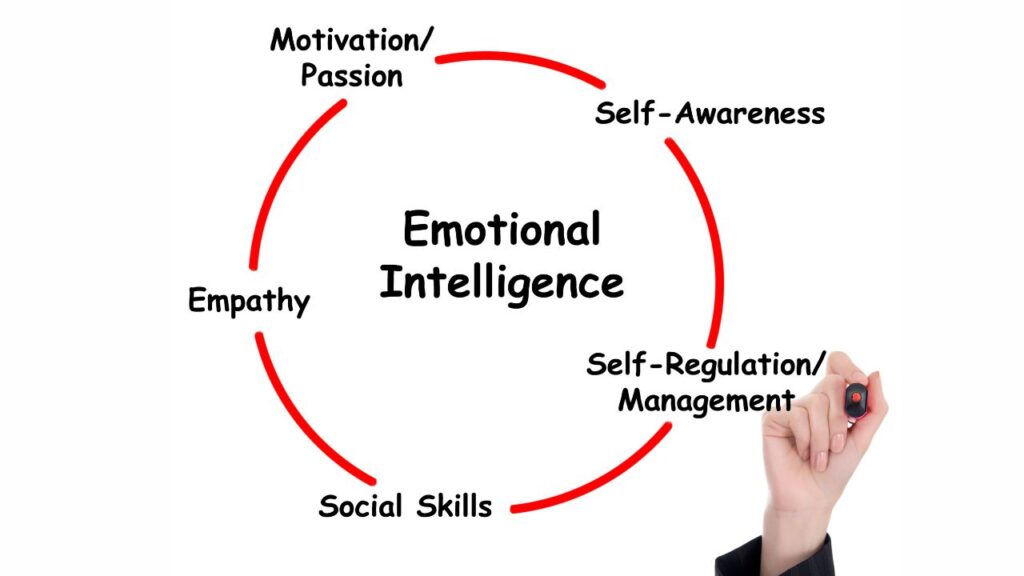Emotional intelligence (EI) is a critical skill for startup leaders looking to build strong teams, foster positive workplace culture, and drive success in today’s dynamic business environment. By understanding and managing their own emotions and those of others, startup leaders can create an environment of trust, collaboration, and innovation that propels their startup forward. So today, we’ll explore the power of emotional intelligence through smart leadership and provide practical strategies for developing EI skills.
Understanding of Emotional Intelligence
Emotional intelligence refers to the ability to recognize, understand, and manage one’s own emotions, as well as the emotions of others. Startup leaders with high EI are adept at self-awareness, self-regulation, empathy, and social skills, enabling them to navigate complex interpersonal dynamics and lead with authenticity and empathy.

Encourage Stronger Teams
Startup leaders with high EI are better equipped to build and nurture strong, cohesive teams. By fostering a culture of psychological safety and trust, where team members feel valued, respected, and supported, leaders can empower their teams to collaborate effectively, take risks, and innovate. EI leaders recognize and appreciate the diverse perspectives and strengths of team members, leveraging their collective talents to achieve common goals.
Improvement of Communication
Effective communication is essential for startup success, and EI plays a key role in facilitating clear and empathetic communication among team members. EI leaders listen actively, communicate openly and transparently, and provide constructive feedback in a supportive manner. By understanding the emotional undertones of communication and responding with empathy and understanding, leaders can foster healthy communication patterns that promote collaboration and productivity.

Manage Conflict Constructively
Conflict is inevitable in any workplace, but EI leaders are skilled at managing conflict constructively and resolving disputes in a manner that preserves relationships and promotes mutual understanding. By remaining calm under pressure, empathizing with the perspectives of all parties involved, and seeking win-win solutions, leaders can turn conflicts into opportunities for growth and strengthen team cohesion in the process.
Lead by Setting an Example
Startup leaders set the tone for organizational culture through their actions and behaviors. Leaders with high EI lead by example, demonstrating authenticity, resilience, and emotional composure in the face of challenges. By modeling EI behaviors and values such as empathy, humility, and integrity, leaders inspire trust and confidence in their team members and create a culture of accountability and continuous improvement.

Develop Smart EI Skills
Developing emotional intelligence is an ongoing process that requires self-reflection, practice, and feedback. Startup leaders can cultivate EI skills through various strategies, such as mindfulness practices, emotional self-awareness exercises, leadership development programs, and seeking mentorship or coaching from EI experts. By investing in their own personal and professional growth, leaders can enhance their EI competencies and become more effective and empathetic leaders.

Overall, emotional intelligence is a powerful asset for startup leaders, enabling them to build stronger teams, improve communication, resolve conflicts, and drive success. By cultivating EI skills and fostering a culture of emotional intelligence within their organizations, startup leaders can create an environment where employees feel valued, motivated, and empowered to achieve their full potential. As startups continue to navigate the complexities of the business world, EI will remain a cornerstone of effective leadership and sustainable growth.


